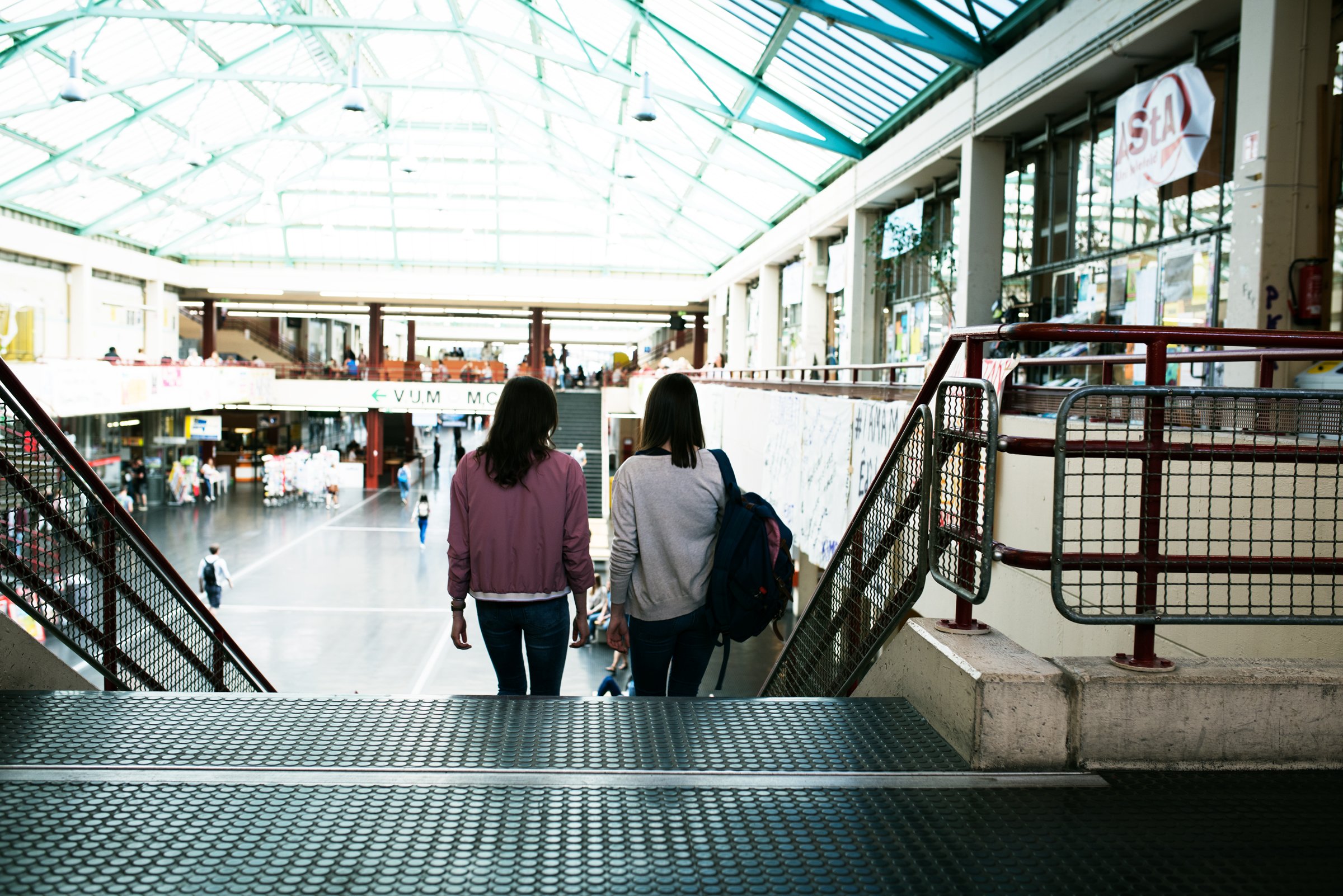An intelligent apartment for life
Federal Ministry for Education and Research funds project of Bielefeld University and 13 regional partners
A new project, ‘KogniHome’, has been launched to develop a networked home that supports the health, quality of life and safety of families, people living alone and senior citizens. Fourteen project partners from Ostwestfalen-Lippe will be collaborating in the new regional innovation cluster ‘KogniHome’ over the next three years. The Federal Ministry for Education and Research (BMBF) is supporting the project until 2017 with eight million Euros of funding. KogniHome is led by CITEC, the Cluster of Excellence at Bielefeld University. Further partners include white goods manufacturer Miele, the v. Bodelschwingh Foundation and the company Hella, Lippstadt. The total amount of funding, including contributions from these project partners, amounts to 11.3 million Euros.
Professor Dr. Günther Wienberg, member of the board of the v. Bodelschwingh Foundation Bethel, expects that these new developments will benefit senior citizens and people with disabilities in particular. ‘Technology should enable them to have control over their own lives as long as possible. The aim is to live a long, independent life in your own home’, says Wienberg. The home needs to learn from its user and be able to adjust to new demands and phases of life. A prototype of the home will be set up in a building belonging to the v. Bodelschwinghschen Foundation Bethel.
The aim is that inhabitants be able to communicate with the networked apartments with everyday language and gestures. The apartment will, amongst other means, communicate with its inhabitants in the form of an avatar – a digital person. To support the health of its inhabitants, the apartment is able to detect and discreetly inform the user if he or she is not doing enough physical activity or needs to change their posture, making suggestions for improvement. If the apartment detects that the user could be overdoing it and needs to reduce physical activity it can also warn him or her.
CITEC presented another new project, also an intelligent apartment, just a few months ago in March this year. This project, led by CITEC alone, networks a service robot with an intelligent apartment. The aim is that both apartments display social competence in the way they interact with the user. What distinguishes project KogniHome is that the apartment can support the user for a lifetime, learning from his or her needs and skills. Instead of using a service robot the KogniHome integrates the technology invisibly into the homely environment. The industrial companies supporting this project plan to use the results to develop products ready for the market.
The project KogniHome starts this month and runs until the end of July 2017. This large-scale project is part of the funding field of ‘Human-Machine Interaction for Demographic Change’ of the German Federal Ministry of Education and Research (BMBF) The following organisations are collaborating on this project: Bielefeld University, FH Bielefeld, Paderborn University, achelos GmbH (Paderborn), v. Bodelschwinghsche Foundation Bethel (Bielefeld), Bielefelder Gemeinnützige Wohnungsgesellschaft GmbH, DMW Schwarze GmbH & Co., Industrietore KG (Bielefeld), Hanning & Kahl GmbH & Co KG (Oerlinghausen), helectronics GmbH (Büren), Hella KGaA Hueck & Co (Lippstadt), Hettich (Kirchlengern), HJP Consulting GmbH (Borchen), Miele & Cie. KG (Gütersloh), Neue Westfälische GmbH & Co. KG (Bielefeld).
Kontakt:
Prof. Dr Helge Ritter, Bielefeld University
Cluster of Excellence Cognitive Interaction Technology (CITEC)
Telephone: +49 (0)521 106 12123
Email: helge@techfak.uni-bielefeld.de
Contact
Universität Bielefeld
Medien & News
Postfach 10 01 31
33501 Bielefeld
E-Mail:
medien@uni-bielefeld.de
